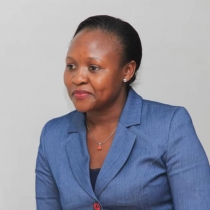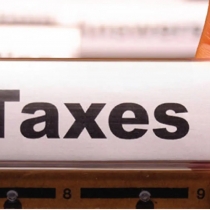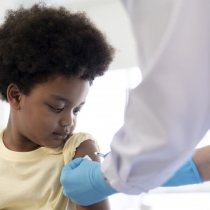
UNBS Acquires Shs6.9Bn Equipment to Decentralize Testing Services
The Uganda National Bureau of Standards (UNBS) is set to decentralize its laboratory testing services to its regional offices in Mbarara, Gulu, and Mbale following the acquisition of lab equipment worth US$1,885,280 (about Shs6.9 billion).
According to the Bureau, the equipment was donated by TradeMark East Africa (TMEA) with support from the Danish government.
The Danish Ambassador to Uganda Nicolaj A. Hejberg Petersen said the Danish International Development Agency (Danida) offered the support to "help take testing services closer to the people".
The equipment, according to UNBS, will help in expanding export markets for Ugandan products by carrying out tests required by the International markets, testing locally manufactured products especially from SMEs to check their conformity with the quality standards, thus helping the manufacturers improve product quality and access market.
The equipment will also assist local manufacturers and researchers in product development by testing their samples to determine conformity during the development process, and protect consumers by testing products on the market (both imported and locally made) to ensure that they are safe for human consumption.
“Denmark is passionate about promoting private sector development in Uganda and the decentralization of testing services will promote a conducive business environment, ensure improved quality of products and contribute to efficiency in UNBS’ service delivery,” said Petersen.
The UNBS Executive Director David Livingstone Ebiru said that the decentralization of UNBS laboratory testing services will support agro-industrialization, the parish development model and reduce the cost of doing business which is in line with the UNBS mandate of facilitating trade and strengthening the economy of Uganda by assuring the quality of locally manufactured products to enhance their competitiveness for exports to the regional and international markets.
Ebiru added that decentralization will also reduce the turnaround time for the analysis of samples in support of the certification process of various products for easy market access.
"The decentralization of UNBS testing services means that in the near future, chemical and microbial analysis of identified commodities such as edible fats and oils, milk and milk products, fruits and vegetables, cereal and cereal products, fish, meat, honey and horticultural products, will be done at the regional offices," reads the Bureau's statement.
With support from Danida and TMEA, UNBS also acquired another set of equipment worth $93,594 (about Shs340 million) to test Personal Protective Wear used in the fight against COVID-19
The equipment received includes Rapid Alcohol Analyser, used for determination of alcohol content; pH meters, used for determination of the pH levels; Differential Pressure tester for determination of breathability; Splash Resistance tester for determination of resistance to penetration and Bursting Strength Tester for determination of bursting pressure strength.
"The above equipment are being used to test both locally manufactured and imported face masks (both medical and non-medical), surgical gowns, drapers, clean air suits, respirators, sanitizers, liquid detergents and other products such as alcoholic beverages which include spirits, vodka, gin, rum, beer, Kombucha and juices, soft drinks and textile materials, for conformity assessment which is in line with the UNBS mandate of consumer protection and strengthening the economy of Uganda by assuring the quality of locally manufactured products to enhance their competitiveness in regional and international markets," reads the statement.
Links
- 209 views






































Join the conversation